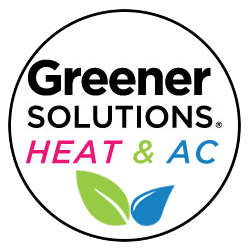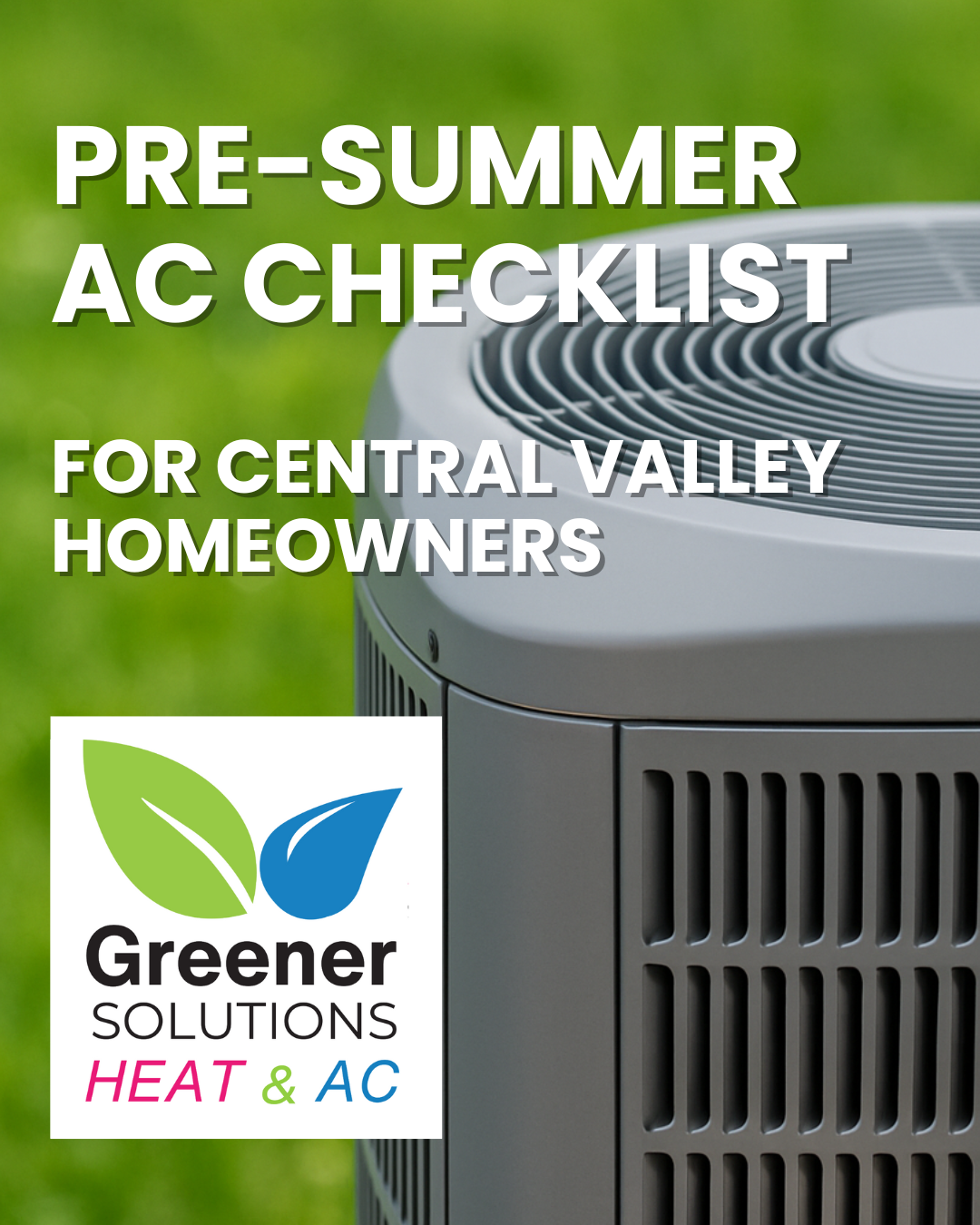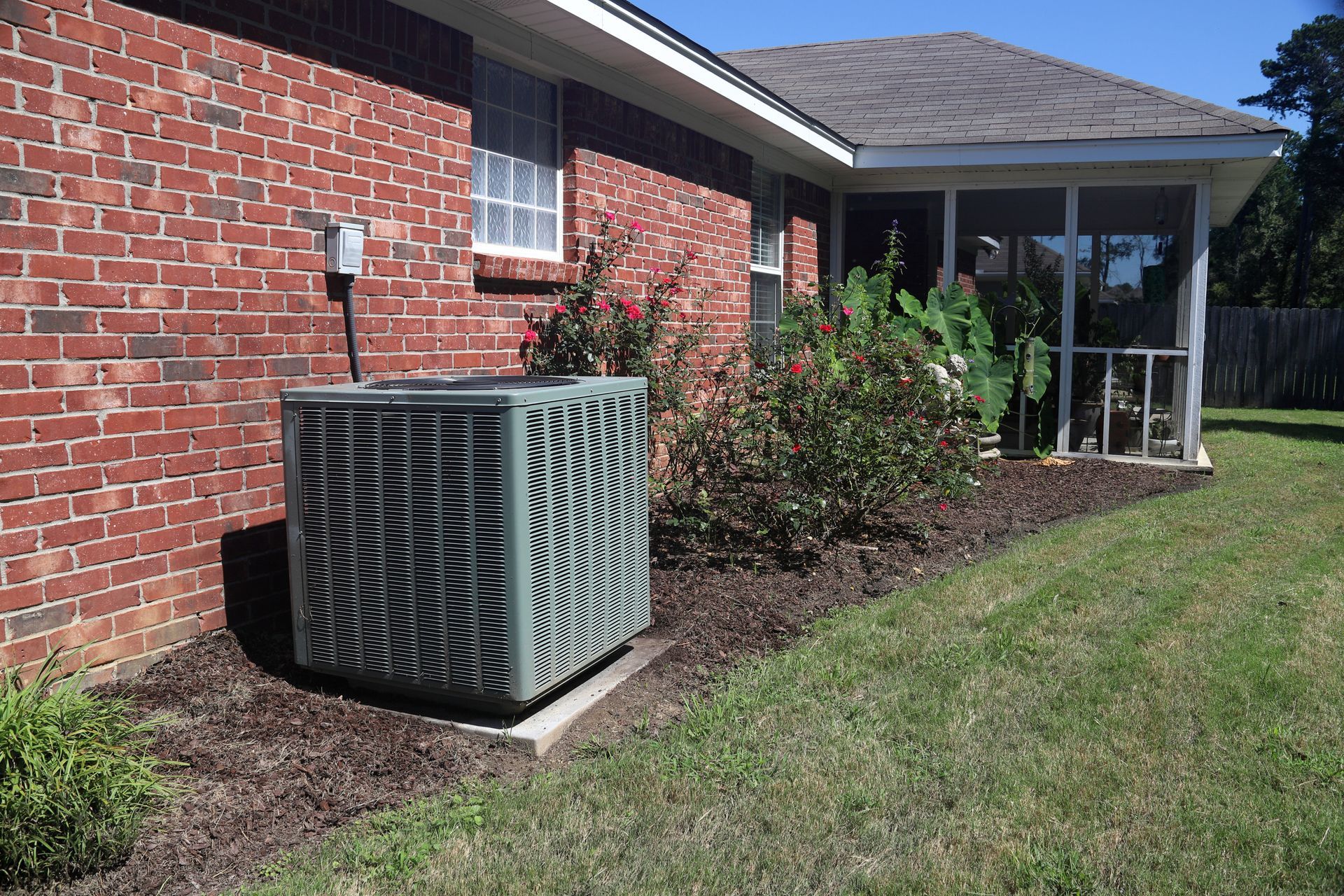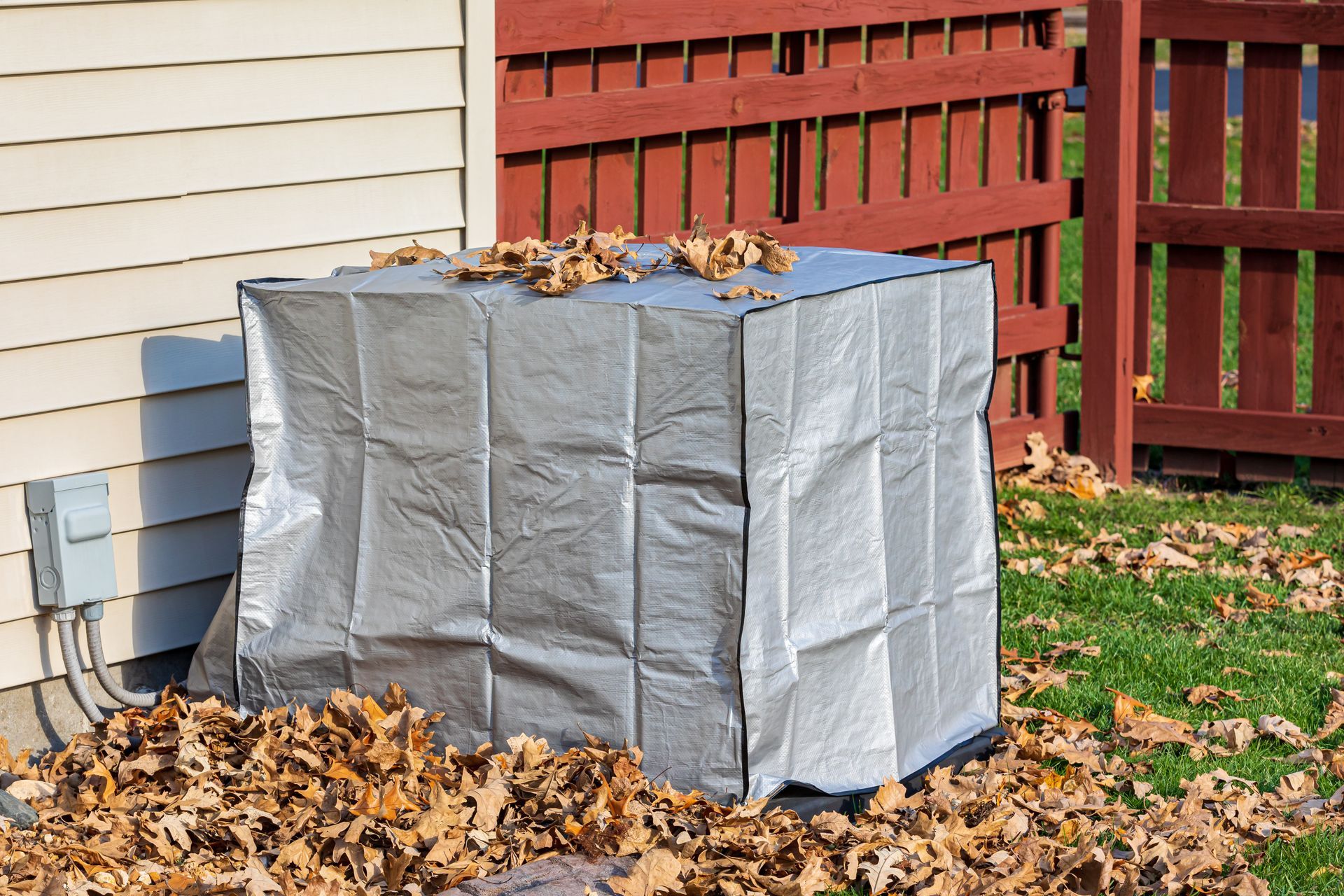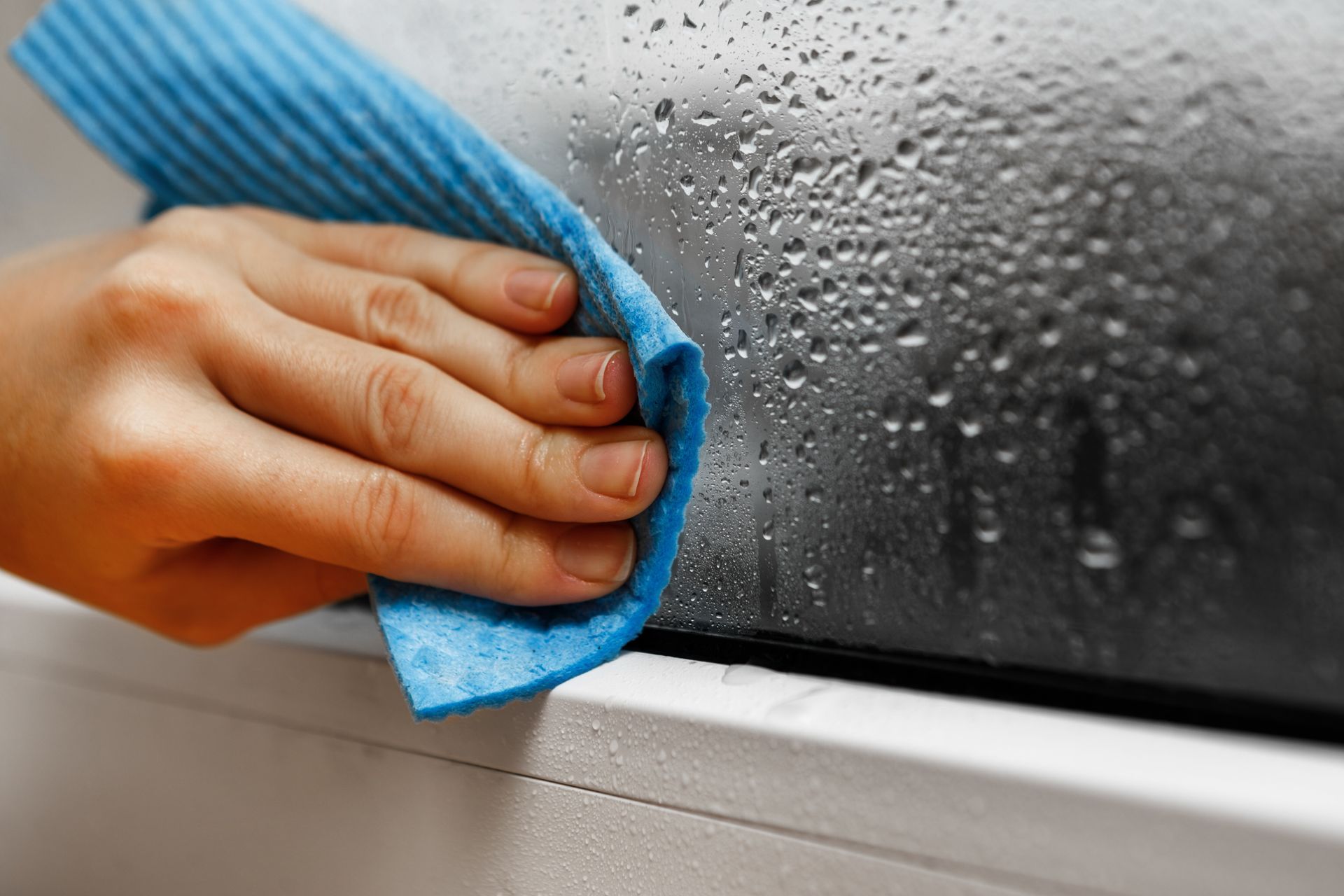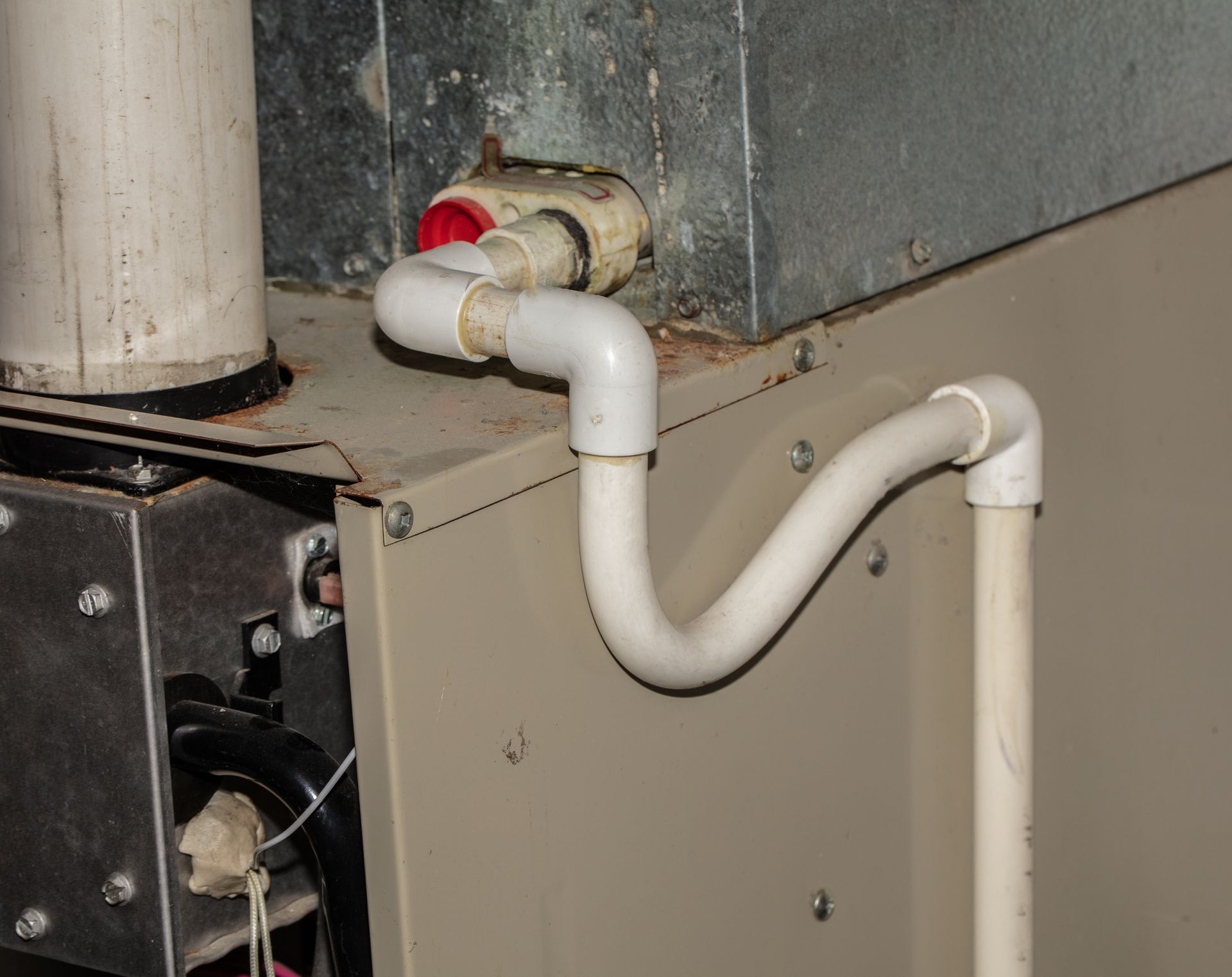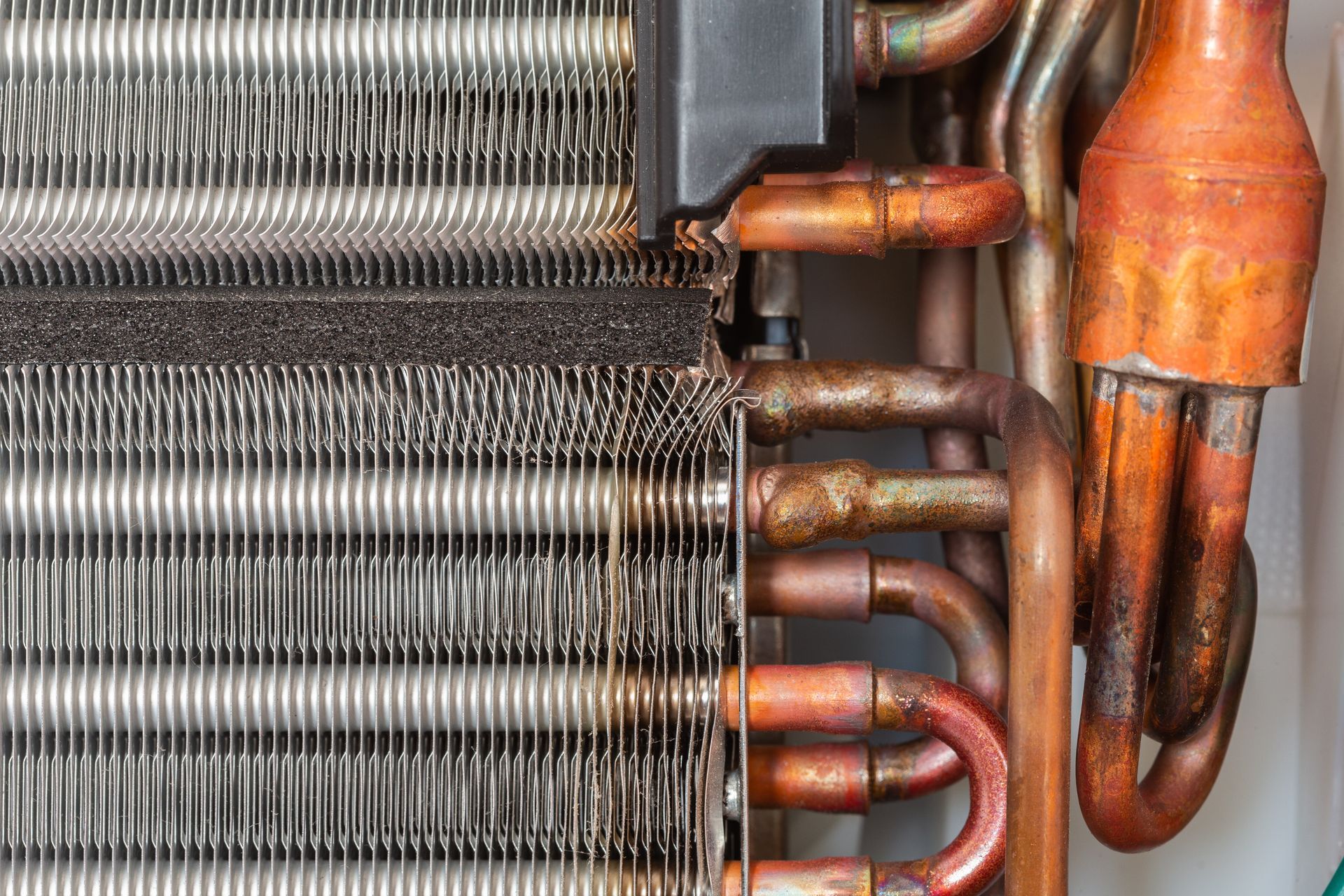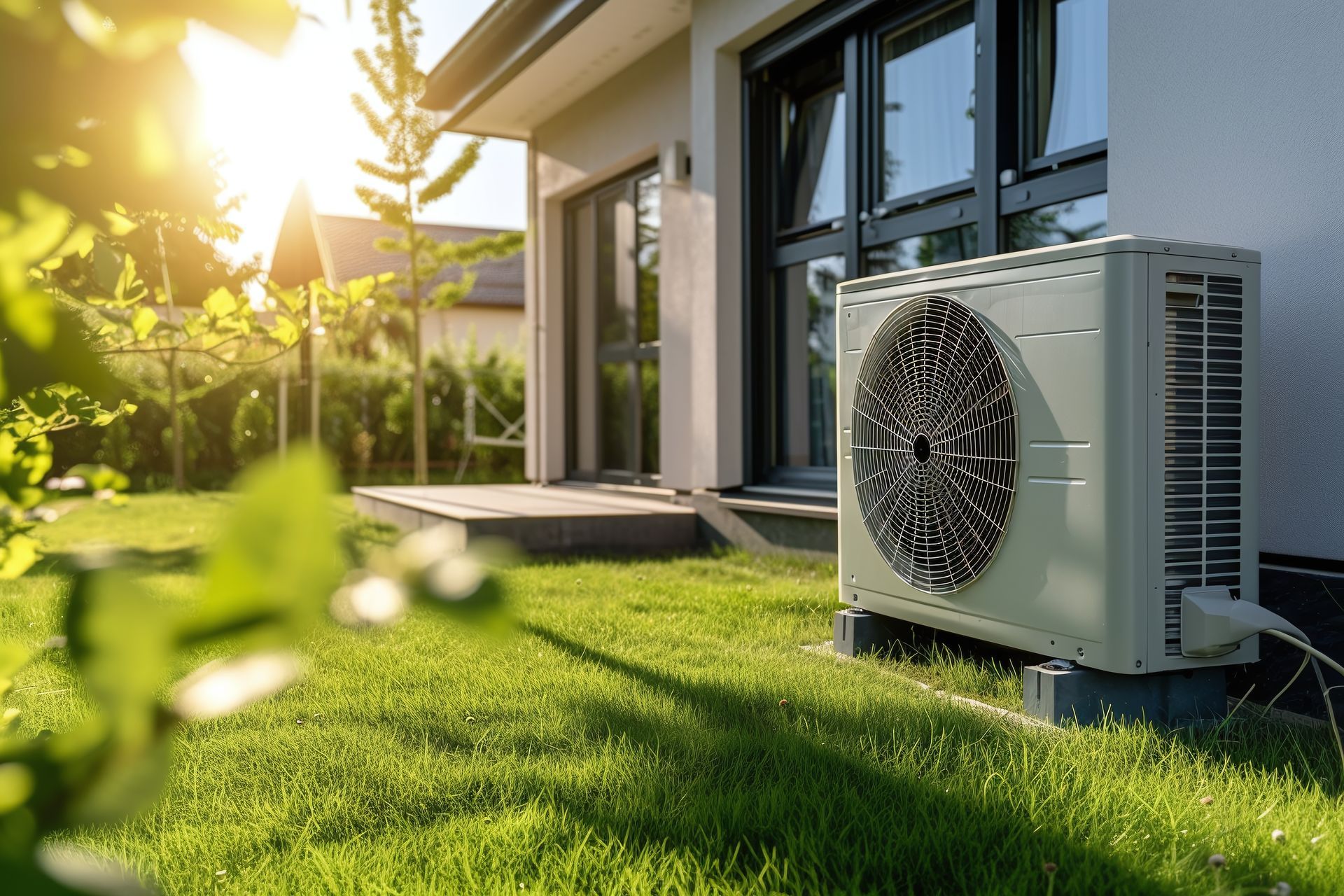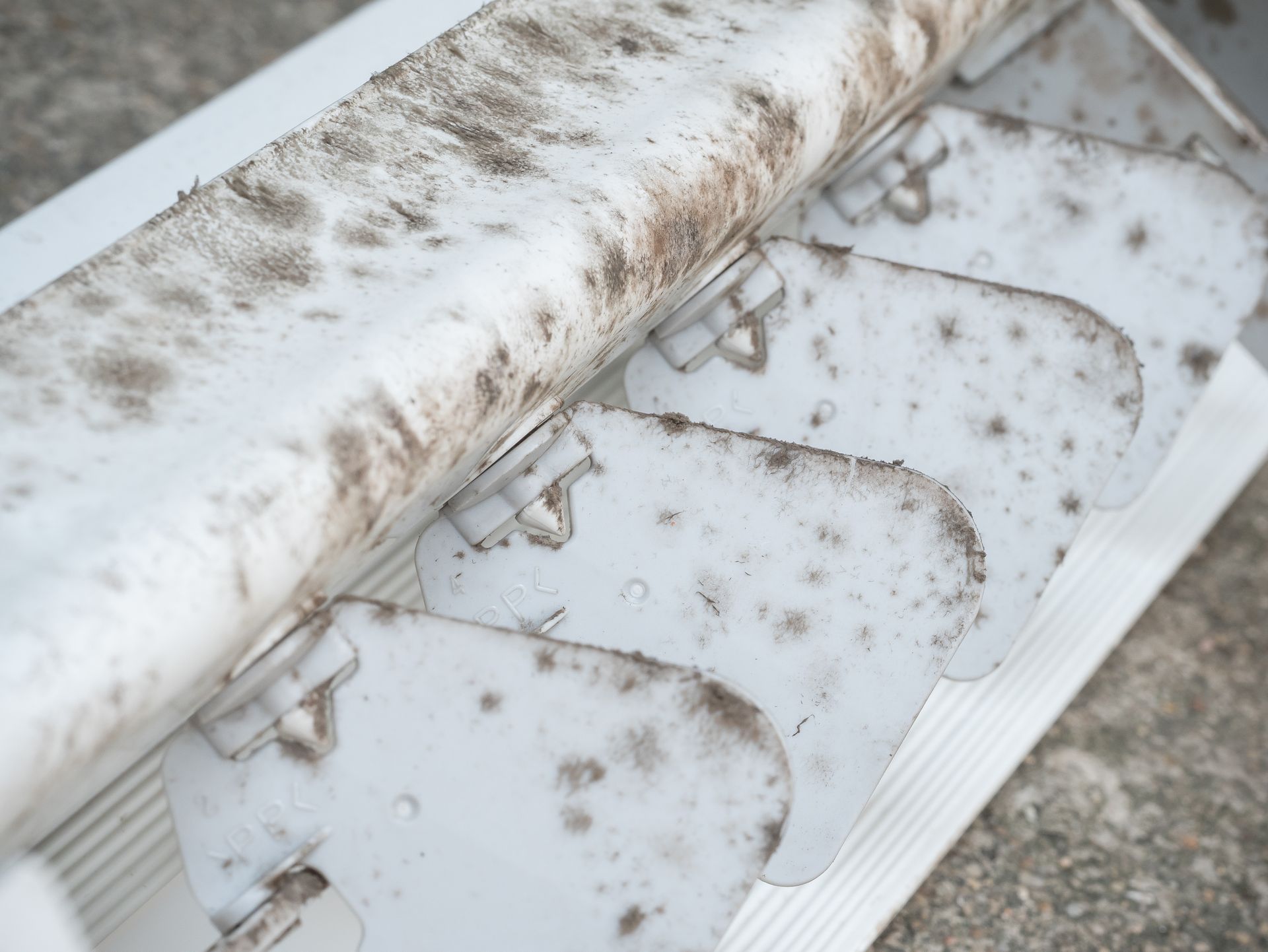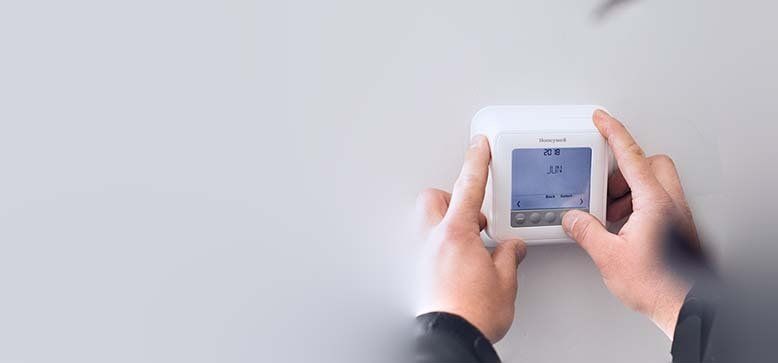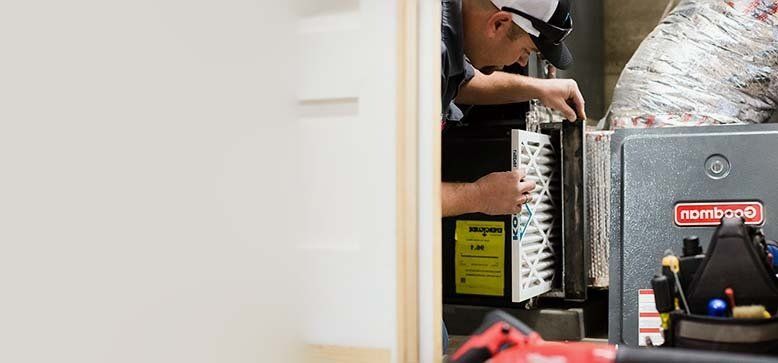Is Duct Cleaning a Waste of Money?
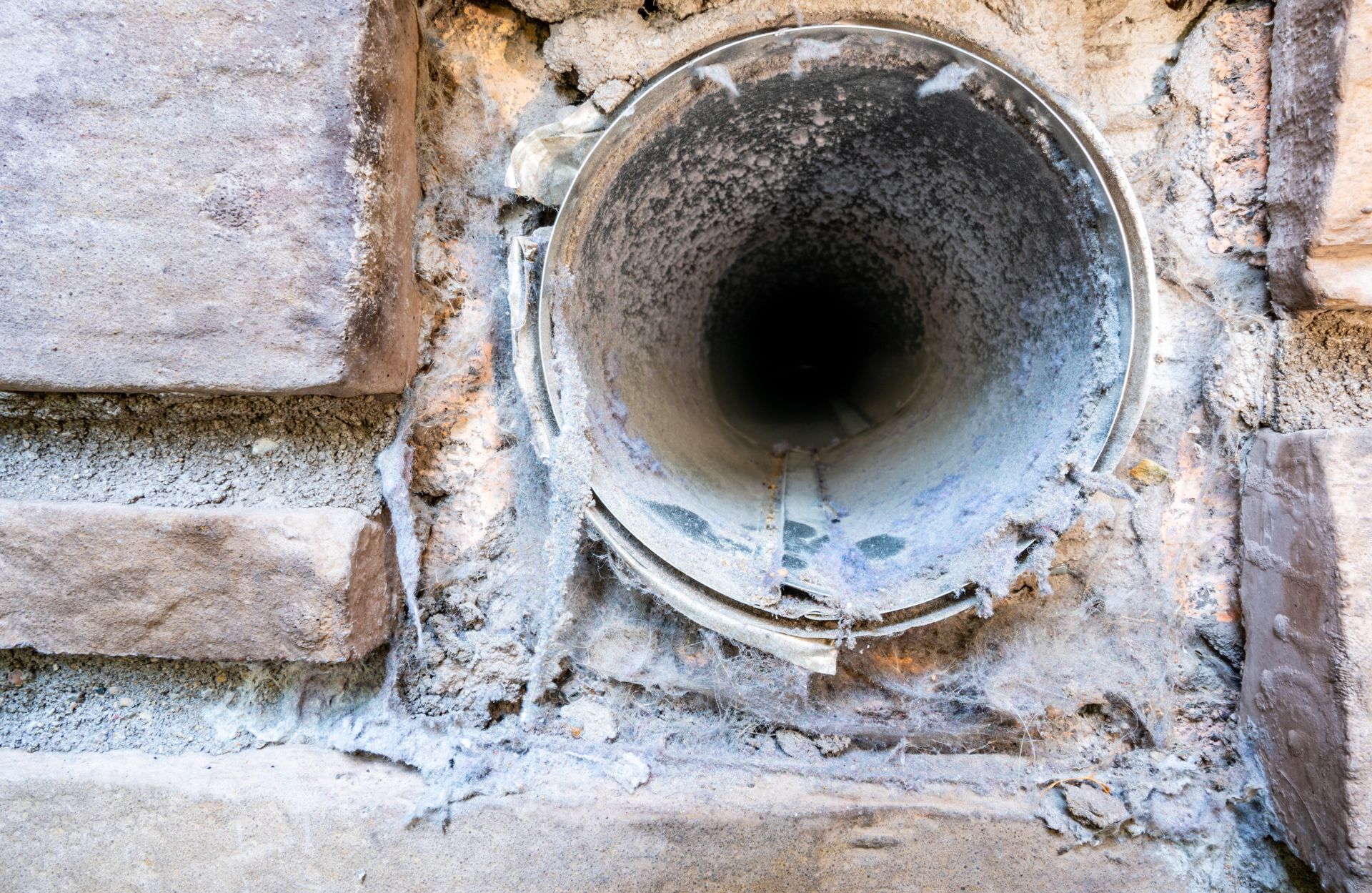
In the realm of home maintenance, air duct cleaning often surfaces as a topic ripe with debate: Is it truly necessary? The heart of this discussion lies in understanding the varied conditions present in each household, which significantly influence the need for such services. Knowledge surrounding the definitive benefits and potential drawbacks of air duct cleaning remains somewhat elusive because the indoor environments of homes differ greatly. These variations make it challenging to cast a one-size-fits-all verdict on the utility of air duct cleaning for every homeowner.
At a glance, if the residents of a home do not suffer from allergies, unexplained health symptoms or illnesses, and a visual inspection reveals no substantial evidence of duct contamination like visible mold growth, then the need for air duct cleaning might not be immediate. It's relatively common for air return registers to gather dust which doesn't automatically point to the air ducts being laden with significant debris. Such dust accumulation on registers is part of the normal airflow process and can be addressed with simple vacuuming or cleaning. Yet, this initial assessment only scratches the surface of determining if air duct cleaning is needed. The decision to invest in air duct cleaning services hinges on a variety of factors, which we will explore to ensure homeowners are equipped with the information they need to make an informed choice.
What is Air Duct Cleaning?
Air duct cleaning is a comprehensive service aimed at enhancing the air quality and efficiency of your home's heating, ventilation, and air conditioning (HVAC) system. It encompasses a meticulous cleaning of the entire forced air system including the supply and return air ducts, registers, grilles, diffusers, heat exchangers, heating and cooling coils, condensate drain pans (also known as drip pans), fan motor, fan housing, and the air handling unit housing. This process is designed to remove dust, debris, and other contaminants that accumulate over time within these components.
Such thorough cleaning not only contributes to the overall well-being of the household by potentially reducing the presence of allergens and irritants but also plays a crucial role in maintaining the efficiency of the HVAC system. A clean system operates more efficiently than a dirty one, which can lead to energy savings and prolong the lifespan of the system by preventing wear and tear on its components. Through this lens, air duct cleaning becomes an essential aspect of home maintenance that ensures that the air circulating through your living spaces is as clean and fresh as possible, while also safeguarding the functionality and efficiency of your HVAC system.
Why Do People Get Their Ductwork Cleaned?
The decision to get ductwork cleaned stems from a desire to maintain a healthy, clean living environment and ensure the efficiency of the home's HVAC system. Over time, if an HVAC system is not properly installed, maintained, and operated, it can become a repository for dust, pollen, and other debris. The situation can escalate when moisture enters the system because it provides fertile ground for microbiological growths like mold and mildew, which can then release spores into the home's living space. These contaminants are not just a matter of cleanliness but health, as exposure to mold and mildew can trigger allergic reactions and a range of symptoms in susceptible individuals.
Recognizing these risks, homeowners can opt for professional duct cleaning services to mitigate the potential health hazards and protect the integrity of their HVAC systems. However, it is crucial that this service is comprehensive and covers all the components of the HVAC system. Choosing a qualified service provider who commits to thoroughly cleaning the entire system is essential. Incomplete cleaning or the omission of any component can lead to the re-contamination of the system which can undo any benefits that were achieved through cleaning.
Is Duct Cleaning a Waste of Money?
The question of whether regular duct cleaning is essential, or a waste of money generates varied opinions. On one side, it's reasoned that air ducts, like any part of the home will inevitably gather dust and debris over time. This would lead to a seemingly logical conclusion that periodic cleaning is necessary for maintenance and health. However, the effectiveness and necessity of routine duct cleaning remain subjects of ongoing debate. The Environmental Protection Agency (EPA) and numerous studies have yet to find conclusive evidence that duct cleaning significantly impacts health problems or that it effectively reduces dust levels in homes. Much of the dust within air ducts adheres to surfaces and does not circulate into living spaces, suggesting that dirty air ducts might not be the predominant source of particulate matter in homes.
Moreover, the assertion that regular duct cleaning could damage HVAC systems and thus be counterproductive adds another layer to the discussion. Activities such as cooking, cleaning, and simply moving around can introduce more pollutants into the home environment than dirty ducts. Consequently, adopting measures to improve indoor air quality like maintaining clean air filters, utilizing additional air filtration systems, and ensuring regular household cleanliness can significantly diminish the need for duct cleaning. While the EPA does not dismiss the potential benefits of duct cleaning in specific situations, the advice leans towards a more judicious approach to managing indoor air quality that emphasizes preventive measures over routine duct cleaning as a catch-all solution. This stance encourages homeowners to consider the broader context of their indoor environment and to weigh the necessity and timing of duct cleaning against more consistent, daily actions that contribute to a cleaner, healthier home.
When Should You Get Your Ductwork Cleaned?
Determining the right time to clean your ductwork is crucial for maintaining both your home’s air quality and the efficiency of your HVAC system. The Environmental Protection Agency (EPA), along with various experts, suggests specific instances where duct cleaning becomes not just beneficial but necessary. Here are key situations when you should consider having your air ducts cleaned:
- Substantial visible mold growth inside hard-surface ducts or on other components of your heating and cooling system. Mold can be a serious issue that requires expert identification and removal especially when it affects the system's insulated parts. Certain contaminated components may need to be replaced if cleaning is unable to remove the mold growth as even the tiniest amount of mold can cause resurgent contamination.
- Infestation of vermin like rodents or insects can compromise the cleanliness and functionality of your ductwork.
- Clogs of excessive amounts of dust and debris, where particles are visibly released into the home from supply registers. This not only affects air quality but can also diminish the efficiency of your HVAC system.
Additionally, there are specific circumstances under which duct cleaning is strongly advised:
- After home renovations, especially if the remodeling included asbestos abatement, lead paint removal, or generated significant dust because these contaminants can become lodged in the ductwork during and after the renovations are completed.
- Noticeable contaminants like pet hair or visible dust and debris that appear in the room even after cleaning the registers.
- Strong unpleasant smells can indicate the presence of contaminants that range from mold to rodent waste. Anytime the AC emits an unpleasant odor, the ductwork may need to be checked for cleanliness.
- Unexplained allergy-related illnesses within the family might be linked to air quality issues which suggests a deeper investigation and possibly duct cleaning as a solution.
While routine cleaning is not recommended without cause, these specific scenarios outline when duct cleaning is justified to improve indoor air quality, enhance HVAC efficiency, and address health concerns. Remember, the goal is to ensure a clean, efficient, and safe home environment and professional duct cleaning can be a critical step in achieving that.
How Does Ductwork Get Cleaned?
The process of cleaning air ducts is meticulous and involves specific steps and tools to ensure thoroughness and effectiveness. Industry standards guide the methods used by professionals to eliminate dirt, debris, and other contaminants from your ductwork. Initially, specialized tools are employed to dislodge these unwanted particles from the ducts' interior surfaces. Following this, a high-powered vacuum cleaner that is typically equipped with a HEPA (High Efficiency Particulate Air) filter to trap even the smallest of particles, is used to vacuum out the dislodged debris to ensure a comprehensive clean.
For a more advanced level of cleaning, some service providers might suggest the application of chemical biocides within the ductwork. These biocides are designed to kill microbiological contaminants that might be present. Additionally, the use of chemical treatments like sealants or encapsulants, might be recommended to cover the inner surfaces of the air ducts and equipment housings. The intent behind these treatments is to control mold growth or to prevent the dispersal of dirt particles or fibers into the home's air. However, the application of such chemicals is a subject of ongoing research and debate, and homeowners should be well-informed before agreeing to these methods. It's paramount that any chemical application is considered only after the ductwork has been thoroughly cleaned of all visible dust and debris to ensure that the primary cleaning objectives have been achieved without relying solely on chemical treatments.
Why It is Important to Let a Qualified Professional Clean Your Ductwork
Entrusting the cleaning of your ductwork to qualified professionals is critical for several reasons, not least because improper cleaning techniques can exacerbate indoor air problems rather than stop them. An inadequately performed duct cleaning job, especially by individuals lacking the requisite expertise and tools, can lead to the release of more dust, dirt, and other contaminants into your home's air than if the ducts were left untouched. More alarmingly, inexperienced handling can cause damage to your ducts or the HVAC system itself, which can potentially lead to increased heating and cooling expenses or result in costly repairs or replacements.
While the lower costs of a do-it-yourself approach might be tempting, the specialized nature of duct cleaning demands a level of skill and equipment that goes beyond the capabilities of most homeowners. Professional HVAC technicians are equipped with specific tools designed for duct cleaning and possess a deep understanding of how HVAC systems operate. This expertise is particularly crucial when dealing with older or more fragile ductwork, where the risk of damage from improper cleaning is higher. To ensure the integrity of your duct work and the quality of your home's air, seeking out certified professionals for duct cleaning services is recommended.
Can Improper Duct Cleaning Damage My Ductwork?
Improper duct cleaning can indeed cause damage to your ductwork which emphasizes the critical need to entrust this task to professionals who are well-acquainted with the various types of ductwork and the appropriate cleaning methods for each. The susceptibility of your ductwork to damage during cleaning largely depends on its material and construction which is why understanding the specific type of ductwork in your home is paramount before undertaking any cleaning efforts.
- Flexible Ductwork: This type is characterized by a pliable plastic layer wrapped around a metal spring that is lightly insulated to minimize heat loss or gain. However, this flexibility and the material's nature make it particularly prone to damage, especially as the material may become more brittle with age and exposure to heat.
- Aluma Flex Ductwork: Known for its corrugated interior encased in insulation, Aluma Flex ducts offer a middle ground in terms of durability. Their construction is less susceptible to the perils of cleaning due to its sturdier design.
- Rigid Ducting (Solid Sheet Metal or KD): KD is comprised of solid sheet metal that comes in gauges ranging from 28 to 24. This rigid ducting stands out for its durability and structural integrity and when properly installed with appropriate sealant and insulation, these ducts are least likely to incur damage during cleaning.
Given these distinctions, the approach to cleaning must be tailored to the type of ductwork to avoid inadvertent damage.
How to Find a Qualified Ductwork Cleaning Professional
Finding a qualified professional to clean your ductwork is essential to ensure the job is done correctly and to avoid potential damage or health risks. Here's a guide on how to find a reliable duct cleaning service provider:
- Seek Recommendations: Start by consulting the National Air Duct Cleaners Association (NADCA) for a list of certified service providers in your area. Additionally, asking friends, family, or neighbors for recommendations can provide valuable insights.
- Gather Multiple Estimates: Contact at least three different service providers to get written estimates. This comparison will give you an idea of the cost but also an insight into the scope of the providers’ services.
- Verify Experience and Certification: Ensure the service providers have experience with systems like yours and that they follow NADCA's air duct cleaning standards. Also, check if they are certified by relevant authorities and if they comply with the North American Insulation Manufacturers Association's (NAIMA) recommendations for ducts insulated with fiberglass.
- Check for State Licensing: Some states require special licenses for air duct cleaning. Verify that the service provider holds any necessary state licenses.
- Inquire About the Cleaning Process: A reputable company should offer a full HVAC system inspection and cleaning, not just ductwork. Avoid low-cost offers that seem too good to be true, as these often result in subpar service.
- Assess Their Knowledge on Chemical Treatments: Be cautious of companies that propose the use of chemical biocides or sealants. The EPA and NADCA recommend avoiding these chemicals unless there's a specific need, and they should only be applied after thorough cleaning.
- Request References and Check Reviews: Ask for references and check online reviews or contact your local Better Business Bureau to learn about any complaints against the companies you're considering.
- Understand the Pricing Structure: Clarify whether the service is charged by the hour or a flat rate and request a detailed estimate of the job's scope and cost before work begins.
By following these steps, you can ensure you're hiring a qualified, reputable ductwork cleaning professional who will handle your HVAC system with the care and expertise it requires.
What to Expect from Professional Duct Cleaners
When you decide to hire professional duct cleaners, there are specific standards and practices you should expect to ensure the job is done thoroughly and safely. A reputable duct cleaning service should provide a comprehensive service that includes the following steps:
- Thorough Inspection: Before any cleaning commences, expect a detailed inspection of your ductwork. This may involve the use of video cameras to assess the condition of the ducts, identifying any damage, leaks, or areas that require resealing or replacement to prevent contamination from outside air and ensure optimal HVAC efficiency.
- Access Opening: The service provider should open access ports or doors to clean and inspect the entire system adequately.
- Asbestos Check: An essential step involves checking for asbestos-containing materials within the heating and cooling system. Given the health risks associated with asbestos, any materials found should only be handled by specially trained and equipped professionals.
- Appropriate Vacuuming Equipment: Expect the use of vacuum equipment that exhausts particles outside of the home, or if the vacuuming must occur inside, high-efficiency particle air (HEPA) vacuuming equipment should be utilized to ensure indoor air quality is not compromised.
- Furnishing Protection: The cleaning process should include measures to protect your home’s carpet and furnishings from damage or contamination.
- Controlled Brushing and Vacuuming: The service should involve well-controlled brushing of duct surfaces in conjunction with contact vacuum cleaning to dislodge and remove dust and other particles efficiently. For ducts made of or lined with fiberglass, only soft-bristled brushes should be used.
- Ductwork Protection: After cleaning, any access holes made or used should be sealed and re-insulated properly to maintain the ductwork's integrity and airtightness.
- Standards Compliance: The service provider should adhere to the National Air Duct Cleaners Association (NADCA) standards for air duct cleaning and the North American Insulation Manufacturers Association's (NAIMA) recommendations for ducts containing fiberglass lining or constructed of fiberglass duct board.
By ensuring these steps are part of the duct cleaning service you receive, you can be confident that the work will contribute to improving your home’s air quality and HVAC system efficiency. Always verify that the duct cleaning company you choose follows these protocols to protect your home and health.
How to Prevent Future Duct Contamination
Maintaining clean ductwork and preventing future contamination is key to ensuring healthy indoor air quality and the efficiency of your heating and cooling system. A solid preventive maintenance program is your best defense against duct contamination. Here are steps you can take to minimize the risk of dirt and moisture entering your system, which can lead to mold growth and degraded air quality:
To prevent dirt and dust from entering the system:
- Use High-Efficiency Air Filters: Install the highest efficiency air filter recommended by the manufacturer of your heating and cooling system.
- Regular Filter Changes: Replace filters regularly and be sure to check the filters before and after periods of heavy use.
- Ensure Filter Fit: Verify that there are no missing filters, and that air cannot bypass filters through gaps around the filter holder.
- Clean Cooling Coils and Drain Pans: Ask your service provider to clean these components during routine maintenance.
- Seal Off Ducts During Construction: Prevent dust from construction or renovation from entering the system by sealing off supply and return registers and not operating the system until the dust is cleaned up.
- Regular Home Cleaning: Vacuum your home regularly using a high-efficiency vacuum (HEPA) cleaner or the highest efficiency filter bags possible to reduce the amount of dust that can enter the ducts.
- Maintain In-Duct Humidification Equipment: If included in your system, operate and maintain according to the manufacturer’s recommendations.
To prevent ducts from becoming wet:
- Repair Leaks Promptly: Address any leaks or water damage quickly to prevent moisture from entering the duct system.
- Attend to Cooling Coils and Condensate Pans: Ensure they drain properly to avoid moisture buildup, which can lead to mold growth.
- Seal and Insulate Ducts: Properly seal and insulate ducts in non-air-conditioned spaces to prevent condensation and moisture intrusion.
- Properly Size New Air Conditioning Systems: Ensure new installations are appropriately sized to prevent poor moisture removal which can occur from systems that cycle on and off too frequently.
By following these steps, you can significantly reduce the likelihood of duct contamination, thereby protecting your home's air quality and the performance of your HVAC system.
Contact GS Home Services if You Need Your Ductwork Cleaned
Maintaining clean air ducts is essential for ensuring the health and comfort of your home environment. While taking preventive measures can significantly reduce the risk of duct contamination, professional cleaning remains a crucial aspect of home maintenance. If you find yourself in need of duct cleaning services, GS Home Services is ready to provide you with top-notch service. Our team of qualified HVAC professionals is equipped with the expertise and tools necessary to ensure your ductwork is thoroughly cleaned. Don't let dirty ducts compromise your living environment. Contact EcoGuard Pest Management today and breathe easier knowing your home is in expert hands.Top of Form
Clean Ductwork FAQs
Does cleaning air ducts really make a difference?
Cleaning air ducts can make a significant difference in improving indoor air quality and the overall efficiency of your HVAC system. By removing dust, debris, and other contaminants from the ductwork, air duct cleaning can help reduce allergens and irritants in your home's air which can potentially ease symptoms for those with allergies or respiratory issues. Additionally, clean ducts can enhance system efficiency resulting in reduced energy costs and the longer lifespan of your HVAC system.
What are the drawbacks of duct cleaning?
One potential drawback of duct cleaning is the cost, as professional services can be an investment in your home’s HVAC system. Additionally, if not done correctly by qualified professionals, duct cleaning can inadvertently spread dust, debris, and other contaminants throughout your home, potentially worsening indoor air quality. There's also the risk of damage to the ductwork itself, especially if the cleaning is performed with improper tools or techniques which can lead to costly repairs or inefficiencies in the HVAC system.
Is duct cleaning worth it?
Having your air ducts cleaned is not a waste of money if it is done under the right circumstances and by a qualified professional. It can improve indoor air quality, enhance HVAC system efficiency, and potentially alleviate health symptoms related to poor air quality. However, it's important to assess the need for cleaning based on the specific condition of your ductwork and to avoid unnecessary cleanings, as routine cleaning without evidence of contamination may not provide significant benefits.
What happens if you don't clean your ducts?
If you don't clean your ducts, accumulated dust, debris, and other contaminants can lead to diminished air quality in your home which can potentially aggravate allergies, asthma, and other respiratory conditions. Over time, this buildup can also restrict airflow which reduces your HVAC system's efficiency and leads to increased energy costs. Additionally, in severe cases, a dirty HVAC system can result in the ductwork becoming a breeding ground for mold, bacteria, and pests.
